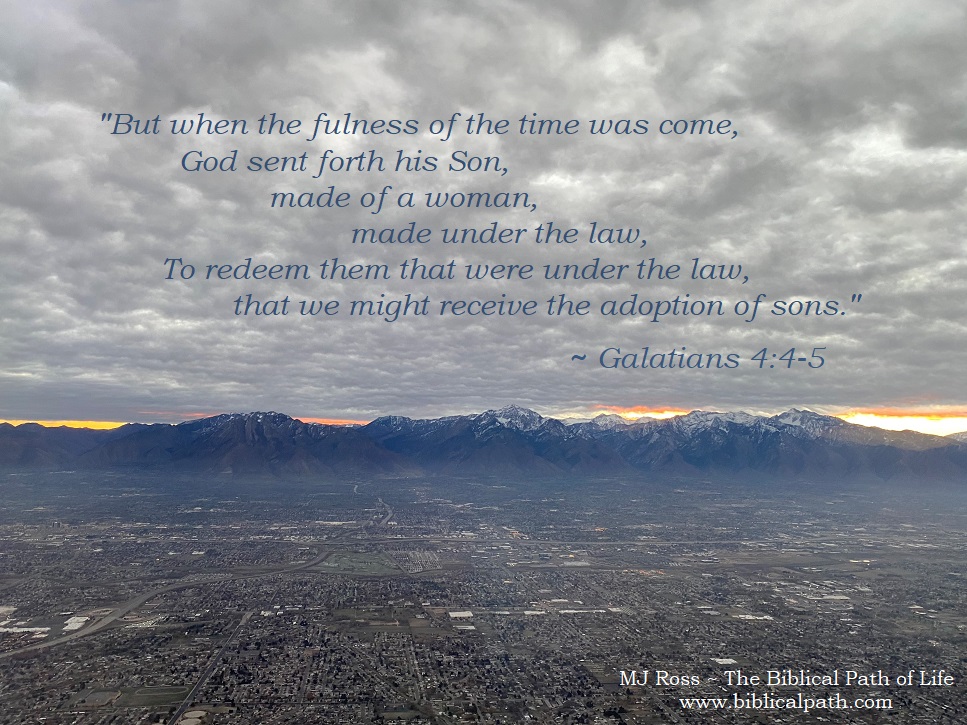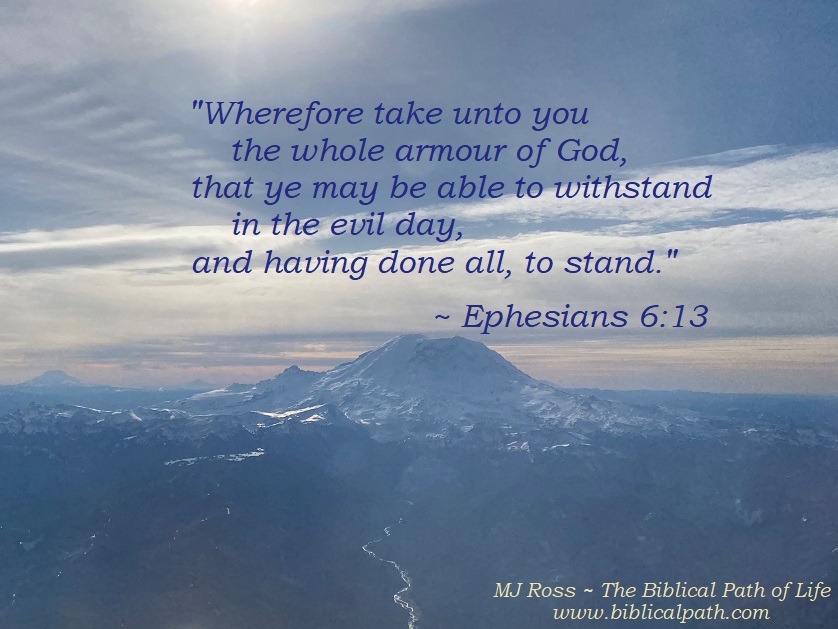
Romans 10:17
After much healing and preaching, Jesus sent the multitude away. “35. And the same day, when the even was come, he saith unto them, Let us pass over unto the other side. 36. And when they had sent away the multitude, they took him even as he was in the ship. And there were also with him other little ships. 37. And there arose a great storm of wind, and the waves beat into the ship, so that it was now full. 38. And he was in the hinder part of the ship, asleep on a pillow: and they awake him, and say unto him, Master, carest thou not that we perish?” (Mark 4:35-38). First, recognize Jesus told them to pass over to the other side. They should have had confidence that they would make it, because Jesus told them they would. Next, see that they should not have worried because Jesus was with them. This can be seen as a practical test to see if they had learned anything that Jesus had been teaching them. How did they fare? We find these seasoned fishermen afraid in a storm.
Jesus slept on the ship – even when a storm arose. The disciples were fearful and woke Jesus. “39. And he arose, and rebuked the wind, and said unto the sea, Peace, be still. And the wind ceased, and there was a great calm. 40. And he said unto them, Why are ye so fearful? how is it that ye have no faith? 41. And they feared exceedingly, and said one to another, What manner of man is this, that even the wind and the sea obey him?” (Mark 4:39-41). Jesus rebuked the storm, and it ceased. Jesus then questioned the disciples. How could they be so afraid? Understand that their lack of faith caused them to fear. Faith here means “in an absolute sense of Jesus as the Son of God, the Messiah and Savior.” Jesus wanted to know why they had no faith. After all the things the disciples had witnessed and learned, they still needed to know more. They still did not understand Jesus is God. There is an important verse that can help us understand what the disciples had not yet learned. “So then faith cometh by hearing, and hearing by the word of God” (Romans 10:17). Jesus is the Word of God. Remember: “In the beginning was the Word, and the Word was with God, and the Word was God” (John 1:1).
Most remember when Jesus fed the five thousand men plus women and children. As He was teaching, Jesus had compassion on them and because much time had passed, He fed them with the five loaves and two fishes (see Matthew 14:13-21). John tells us what the people’s reaction to this miracle was. “When Jesus therefore perceived that they would come and take him by force, to make him a king, he departed again into a mountain himself alone” (John 6:15). They wanted to force Jesus to become a king.
Instead, Jesus sent the disciples in a ship across the sea where He would join them. Jesus went up on the mount to pray. “22. And straightway Jesus constrained his disciples to get into a ship, and to go before him unto the other side, while he sent the multitudes away. 23. And when he had sent the multitudes away, he went up into a mountain apart to pray: and when the evening was come, he was there alone. 24. But the ship was now in the midst of the sea, tossed with waves: for the wind was contrary. 25. And in the fourth watch of the night Jesus went unto them, walking on the sea. 26. And when the disciples saw him walking on the sea, they were troubled, saying, It is a spirit; and they cried out for fear.” (Matthew 14:22-26). Remember, Jesus had told them to go to the other side before Him. When the disciples saw someone on the water, they were afraid.
“27. But straightway Jesus spake unto them, saying, Be of good cheer; it is I; be not afraid. 28. And Peter answered him and said, Lord, if it be thou, bid me come unto thee on the water. 29. And he said, Come. And when Peter was come down out of the ship, he walked on the water, to go to Jesus. 30. But when he saw the wind boisterous, he was afraid; and beginning to sink, he cried, saying, Lord, save me. 31. And immediately Jesus stretched forth his hand, and caught him, and said unto him, O thou of little faith, wherefore didst thou doubt? 32. And when they were come into the ship, the wind ceased. 33. Then they that were in the ship came and worshipped him, saying, Of a truth thou art the Son of God.” (Matthew 14:27-33). Peter asked Jesus to call him onto the water to Him. Peter acted, in faith, when he heard Jesus. However, as Peter walked on the water, he became afraid. He still had more to learn. When he cried out, Jesus saved him. After these events, we see the disciples’ faith had grown. They now acknowledged that Jesus is the Son of God.
Do you read your Bible, hearing the Word of God, allowing your faith to grow?








